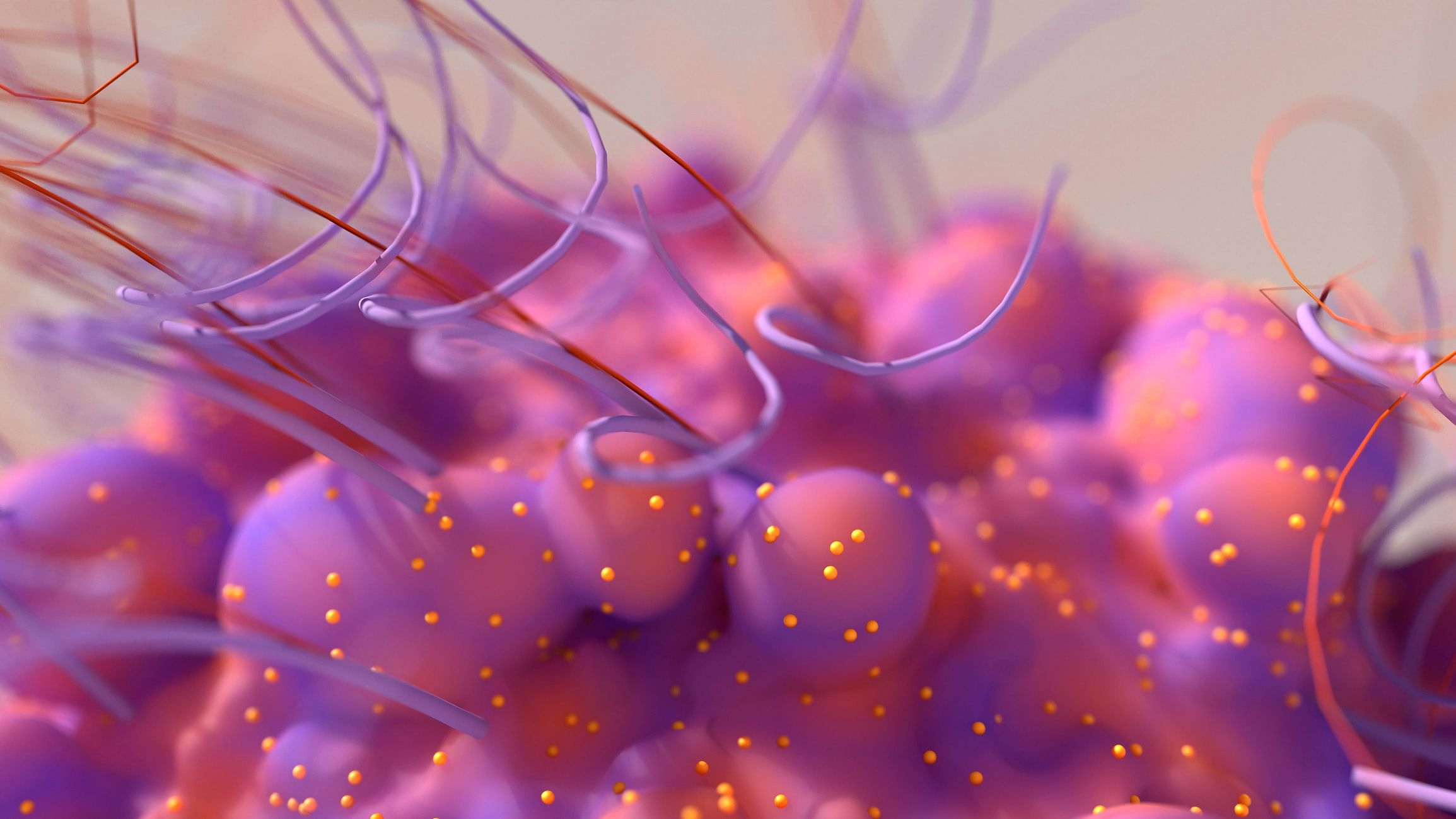
The study has explored the accessibility and impact of a medication named Rituximab for patients with non-Hodgkin’s lymphoma (NHL) in the hospital.
Credit: iStock Photo
Bengaluru: A recent study by doctors at the Kidwai Memorial Institute of Oncology (KMIO), Bengaluru, has found that there is an urgent need for government policy and public health interventions to improve access to newer cancer therapies and enhance treatment outcomes in India.
The study has explored the accessibility and impact of a medication named Rituximab for patients with non-Hodgkin’s lymphoma (NHL) in the hospital.
Rituximab is used to treat NHL, a cancer that starts in the white blood cells in the lymphatic system (part of the immune system), and other autoimmune inflammation-causing disorders such as rheumatoid arthritis.
A rituximab biosimilar (a drug similar to the original drug) was made available in India in 2007 but over 15 years later, even a single vial of the drug administered as an injection costs several thousand rupees, making it inaccessible for many and compromising their treatment outcomes.
“Initially, Rituximab cost more than Rs 1 lakh for a single vial when it was first launched in 2000, which has now come down to less than Rs 10,000 per vial. Each patient needs a minimum of six injections over four to six months,” Dr Linu Abraham Jacob, medical oncologist and lead author of the study, told DH.
In this context, evaluating the impact and accessibility of highly efficacious drugs such as Rituximab is key to making it more accessible.
The study, published in the ‘Medical Research Archives’ last week, is based on the premise that the data on the outcomes of NHL and its subtypes in the Indian setting are scarce. NHL is a relatively uncommon type of cancer compared to breast or lung cancer in India but the number of cases has been increasing steadily year-on-year, noted the study.
In the study, the records of 929 patients, who were diagnosed with different subtypes of non-Hodgkin’s lymphoma between April 2015 and March 2020 at Kidwai Institute, were analysed. Of the total patients, more than half (478) were diagnosed with the diffuse large B-cell lymphoma (DLBCL) subtype, most of whom presented with stage IV or stage II cancer. This group was followed by patients with the follicular lymphoma subtype.
The median age of those, diagnosed with these two NHL subtypes at Kidwai, was 54 to 55 years. While the number of patients who could access Rituximab comprised a small percentage, they displayed significantly better overall survival outcomes and response rates than those who couldn’t.
According to the study, the median survival of patients with diffuse large B-cell lymphoma (DLBCL) subtype who received the rituximab was 30.1 months, compared to 20.2 months for those who didn’t. The progression-free survival of patients with follicular lymphoma was 61 months with rituximab versus 41 months for those without it.
“The accessibility has improved over time but we need to think about how to make this process faster so more patients can benefit from the drug,” Dr Jacob added.
“Initially Rituximab cost more than Rs 1 lakh for a single vial when it was first launched in 2000 which has now come down to less than Rs 10000 per vial. Each patient needs a minimum of six injections over four to six months."Dr Linu Abraham JacobMedical oncologist and lead author of the study